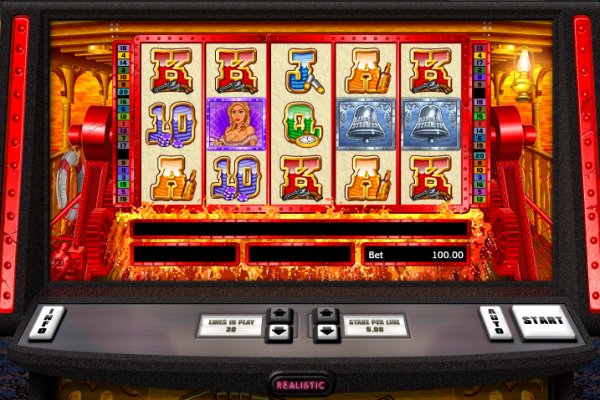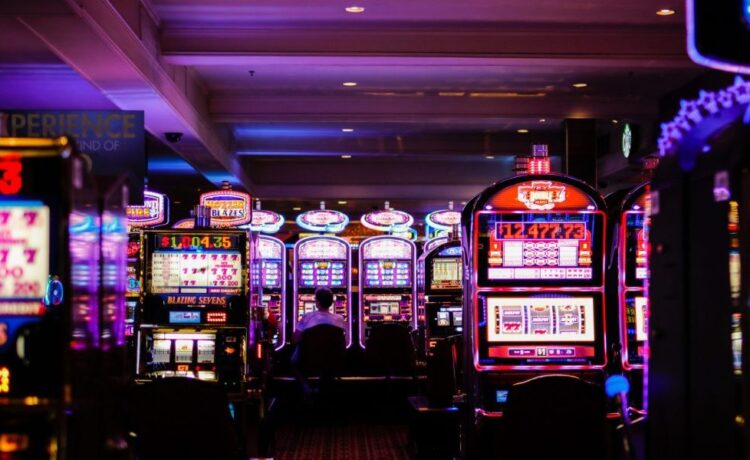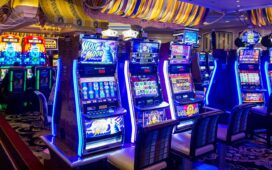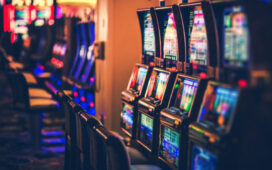The legal framework surrounding slot gacor varies significantly around the world, shaped by cultural attitudes, historical contexts, and economic considerations. Countries have developed their own unique approaches to regulating these machines, often reflecting broader societal views on entertainment and risk. In some regions, these machines are viewed as a harmless form of entertainment, while in others, they are met with skepticism and stringent regulations aimed at minimizing potential harm.
In the United States, the legality of electronic gaming machines is determined at the state level, leading to a patchwork of regulations. Some states have embraced these machines, allowing them in casinos and other entertainment venues, while others have placed significant restrictions on their operation. For example, Nevada and New Jersey have well-established frameworks that facilitate their presence in numerous establishments, contributing to a vibrant tourism industry. Conversely, states like Utah maintain a strict prohibition against any form of such machines, reflecting the influence of local cultural values and beliefs.

Canada presents a more unified approach, with provinces overseeing the operation of electronic gaming machines. Each province has the authority to regulate their availability, leading to variations in terms of where and how these machines can be found. In provinces like British Columbia and Ontario, these machines are a common sight in both dedicated gaming establishments and venues like bars and restaurants. The revenue generated from these machines is often earmarked for public services, creating a sense of acceptance among residents. However, there are also efforts in place to promote responsible usage and provide support for those who may experience difficulties related to excessive use.
Across the Atlantic, European countries exhibit diverse regulatory landscapes. The United Kingdom has established a comprehensive framework, allowing electronic gaming machines in casinos, amusement arcades, and pubs. In contrast, countries like Germany have historically imposed stricter regulations. The German Interstate Treaty on Gaming, revised in 2021, aimed to create a more uniform approach to regulation while balancing player protection and economic interests.
In Asia, the legal status of electronic gaming machines varies widely. Countries like Japan have recently reformed their regulations, allowing the introduction of specific venues for these machines, which are seen as a way to boost tourism. However, strict licensing and operational conditions are in place to mitigate concerns about potential negative impacts. In contrast, places like China maintain stringent bans on these machines in most contexts, reflecting a cautious stance towards their proliferation.
As geng138 continues to evolve, the legal treatment of electronic gaming machines remains dynamic. Countries are increasingly recognizing the potential for these machines to generate economic benefits while also acknowledging the importance of regulation to protect individuals and communities. This ongoing balancing act reflects broader societal attitudes toward entertainment and personal responsibility. The differences in how countries approach the regulation of these machines highlight the complex interplay between culture, law, and economics, providing insights into the diverse ways societies navigate the complexities of entertainment in contemporary life. Ultimately, as regulations continue to adapt to changing social attitudes and technological advancements, the landscape will likely shift, leading to new developments in the legal treatment of electronic gaming machines worldwide.










